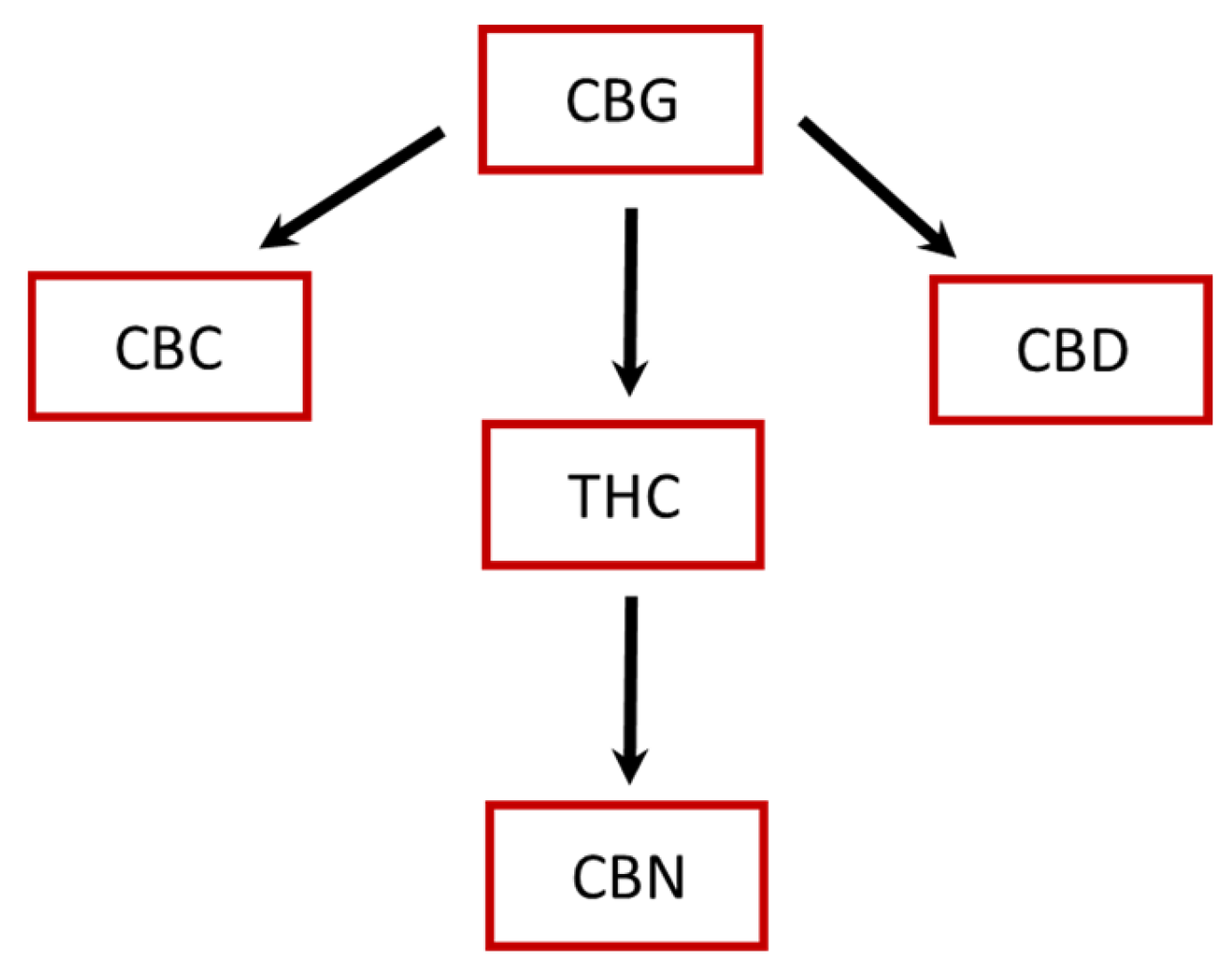Cbg Biotech Solvent Recycler Manual Transfer
CBG solvent distillation equipment can make a difference in your operation. CBG Biotech solvent recycler in Business & Industrial, Healthcare, Lab & Life Science, Lab Equipment, Other Lab Equipment. If your machine uses MS-DOS compatible files, you can install a USB floppy and transfer files back and forth from your computer with a USB flash jump drive. Contact your local Sony Technical.
From: Wolf, Patrick Sent: Thursday, August 04, 2016 11:03 AM To: Consoli, Anthony; Deck, Steven; Hollamon, Vassie; Pivonski, Gary Subject: RE: Solvent Recycling Systems Anthony: In Maryland, the Maryland Department of the Environment considers it a treatment system that would require the same permit as a Hazardous Waste Treatment, Storage and Disposal Facility. The burden of having this permit far outweighs the sustainability of the solvent recycling system so I have always recommended against the systems when asked in the past. With that said, I haven’t researched them far enough to make a recommendation. Pat Patrick Wolf, MBA, CHMM, CFI Assistant Director Environmental Health and Safety 714 W.

Baltimore, MD 21201 W: 410-706-7055 C: 410-808-3073 F: 410-706-8212 ****Please note my new e-mail address. The old e-mail address ( ) no longer works, please update your address book. From: [] On Behalf Of Michetti, Anthony J Sent: Thursday, August 04, 2016 10:23 AM To: Subject: Solvent Recycling Systems Does anyone have a recommendation for a solvent recycling system they have utilized on their campus? Best, Anthony Anthony J. Michetti Sustainability Coordinator Harvard University / Office for Sustainability Phone: (508) 360-8925 / Email: -- -- ** Please remember to change the subject header if you change topics ** --- You received this message because you are subscribed to the Google Groups 'Green Labs Planning' group.
To unsubscribe from this group and stop receiving emails from it, send an email to. For more options, visit.
Michetti, Anthony J 05.08.16 07:09. Dear Anthony, This is a very important distinction. It is potentially over-cautious, and this conversation may be an opportunity for your campus to work through this safety concern with your Fire Marshall, an authority having jurisdiction for some issues. The prohibition of treatment’s intent is to make sure there is not haphazard on-site treatment of hazardous waste with unintended consequences or further contamination. On the other hand, the acceptable intent of solvent recycling is that none of the contaminants are being taken off site or chemically altered. They are being concentrated for disposal, and the cleaned solvent is being used on-site. Some allowances for treatment already exist, such as adjustment of pH of benign aqueous salt solutions before putting in the sanitary sewer, and stripping solutions of ethidium bromide by activated charcoal before disposal.
I would contact the supplier to see how they have addressed this concern, and I presume they have examples of statutes or guidelines that allow their technology. Other subscribers to this list serve may have likely addressed this concern as well, and I welcome their input. Sincerely, Allen Doyle. Installer Tome 1. Hi All: To tag off what Allen shared below – we don’t identify this spent acetone as “waste.” We have no intention of offering it for hazardous waste disposal, it has value to our institution and we’re going to recycle it and reuse it in the process that generates it. The hazardous waste/TSDF/treatment regulations don’t apply. We keep a log of volumes recycled, who, when, etc. We apply it to acetone, exclusively, at the moment but the CBG system has capability to recycle other solvents.